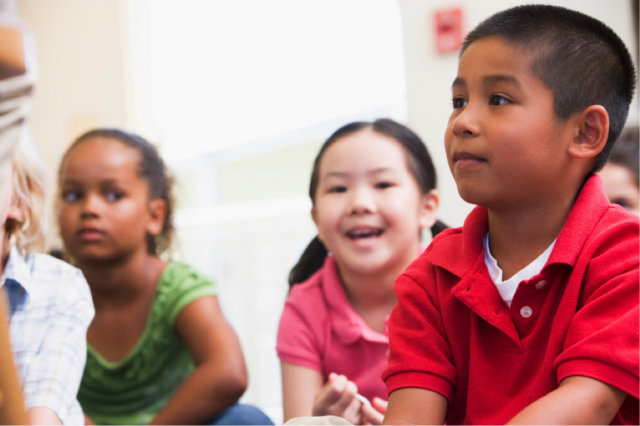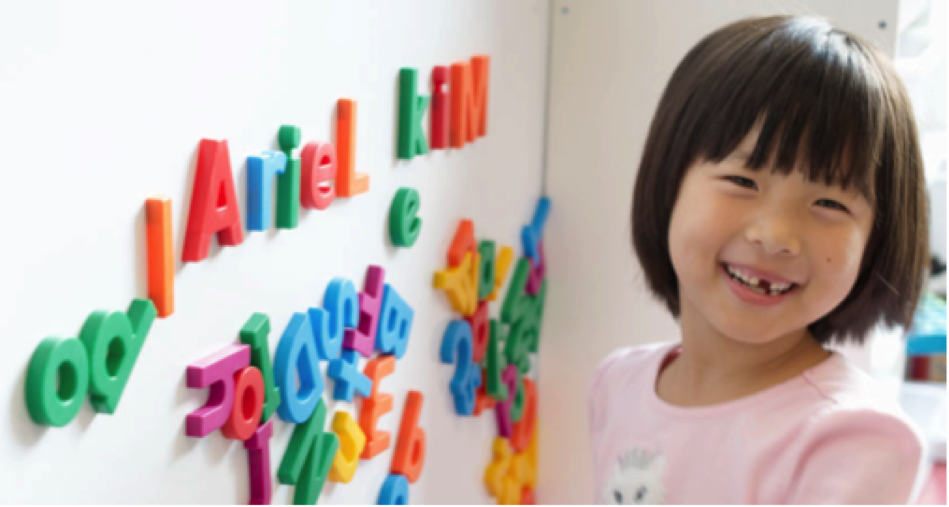There are many benefits that come with enrolling your child in an after school English language program. Not only do they learn English faster and transition out of the ESL stream sooner, but they also develop important study habits and teamwork skills that will stay with them throughout their academic careers.
It also turns out that learning a second language has many other benefits. From improving brain function, to encouraging social and critical thinking skills, students who learn a second language have many advantages that will give them an edge later in life as they move on to university and begin their careers.
Learning a Second Language Boosts Cognitive Development
Children, teenagers, and even adults who learn a second language have shown improvement in cognitive function. For example, students who learn a second language tend to perform better in other subjects like math. They also demonstrate improved attention spans as well as stronger working memories.
Scientists believe that this improved cognitive function is due to the way learning a second language challenges your brain. A second language stimulates the brain into creating new pathways, and also gives it regular cognitive exercises as it switches between the mother tongue and the new language.
Kids Who Learn a Second Language Have Enhanced Critical Thinking Skills
In addition to improved attention and memory, students who learn a second language also develop stronger critical thinking skills than students who only know one language.
English classes for kids in Vancouver often challenge students to develop their language skills through stimulating projects. As students complete these projects, not only do they learn new vocabulary and improve their grammar, but they also develop their creativity and ability to tackle demanding problems in innovative new ways.
Learning a Second Language Increases Empathy and Social Skills

Students enrolled in an ESL school for kids in Vancouver will meet and study with other children from different backgrounds. In a friendly and nurturing learning environment like the one at Little Mountain Learning, kids often work together on projects that encourage the development of social and teamwork skills.
Studies have shown that learning a second language increases empathy and awareness of other cultures – and teamwork just enhances those outcomes. That keen awareness prepares students for success at Canada’s multicultural schools and out there in the workforce, where globalization has made workplaces more diverse than ever.
A Second Language is an Asset for Future University Students

While university might still be a long way away for younger students enrolled in ESL classes, developing strong English language skills at an early age can pave the way for success once it’s time to apply for university.
A strong command of English is of course necessary to gain entrance into top universities in Canada. Plus, admissions staff often look for applicants who have a diverse skill set, and while knowing two languages does not guarantee admission, bilingualism can give applicants an edge when applying to top Canadian institutions.



 3 Ways Parents Can Encourage Language Learning While on Summer Vacation
3 Ways Parents Can Encourage Language Learning While on Summer Vacation